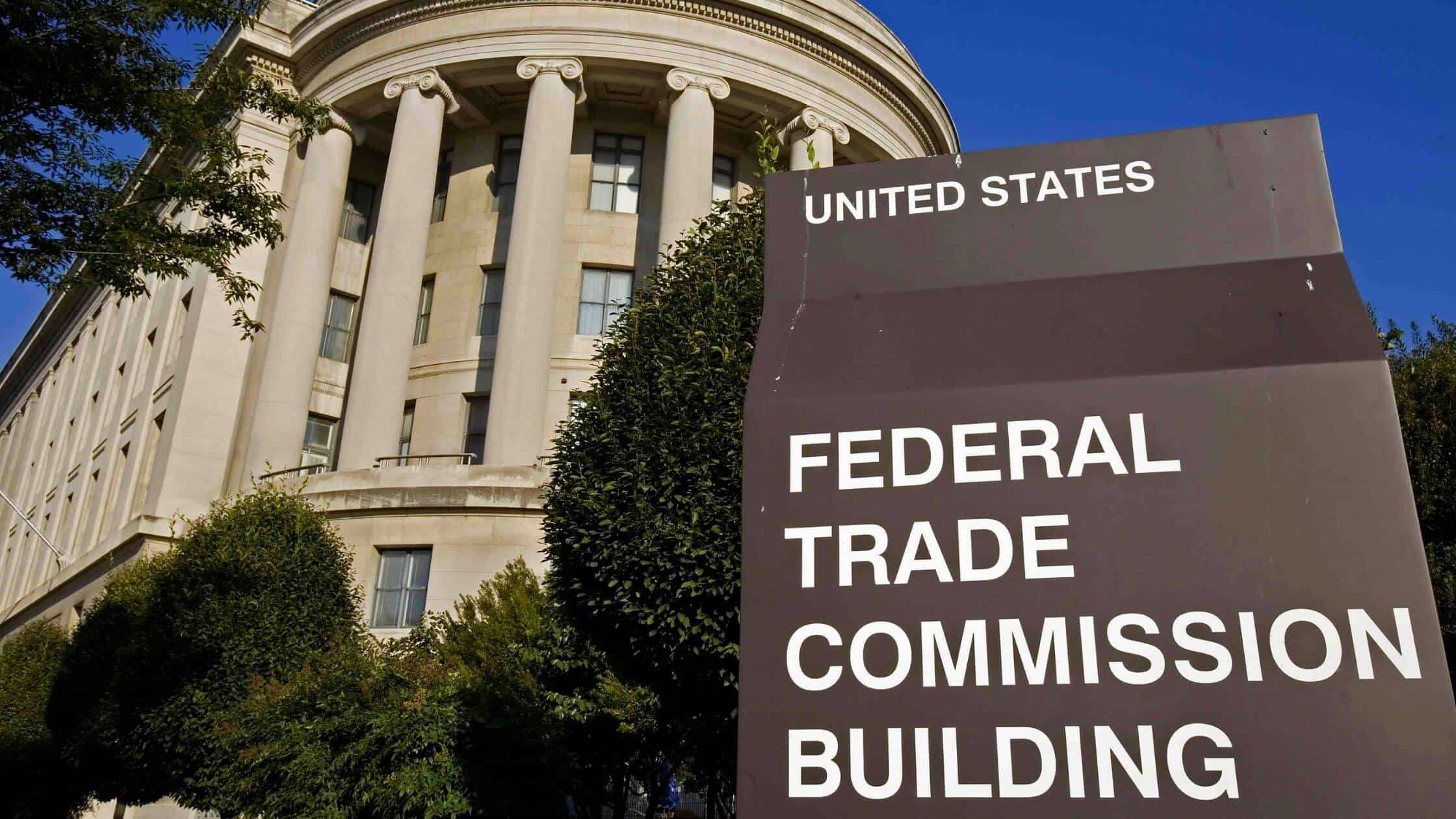Finance
Mastercard Must Not Prohibit Competitive Debit Payment Networks: Says FTC

The illegal strategy business behind MasterCard, forcing merchants’ payment en route back to their e-wallets through their payment network for an alternative form of payment, this includes networks that offer lower charge fees than Mastercard.
Currently, the federal trade commission has accused the world’s second-largest payment-processing system of this illegal attempt to block the ability to perform online transactions and is ordering to stop blocking customers’ transactions.
According to the alleged statement, MasterCard controls the entire process by “tokenization” to block the customer’s payment. This means tokenization is the process of replacing your original account number with another number to protect it during several stages of the transaction. These tokens are further stored in the e-wallet of any app for another layer of additional protection.
But when the owner makes a transaction using an e-wallet, the merchant will be notified with a token from the cardholder’s device and sent to the merchant’s bank, and in return sends the token to the payment card network, then MasterCard-branded debit cards generate the tokens and store the corresponding account number in its MasterCard token wallet.
Merchants Must Use Mastercard’s Plan To Convert Tokens
The lack of access to MasterCard’s token vault, merchants are forced to use MasterCard’s plan to convert the tokens to process using e-wallet transitions. In this way, MasterCard inhibits the completion of payment by other network platforms.

Furthermore, FTC has accused master cards of not providing account information services to competing networks for smooth transactions through e-wallet debit transactions.
Thus, it makes for the merchant to complete the transaction with an e-wallet without the support of the MasterCard network.
Now the FTC has ordered MasterCard to provide all the necessary details of the customer, especially the account number that is correspondingly related to the token.
This order will result in banning if MasterCard fails to compromise the regulations made by FTC. In other words, the FTC will ban if Mastercard is further involved in preventing competitors from receiving the customer’s payment information.
FTC made clear with implementing provisions of regulation II from the 2010 Dodd-Frank Act as well as demanding master cards to comply with the rule.
This order is regarded as a victory for the consumers and the merchants who rely on debit card payments, for them this will be a relief to operate their business freely, according to the director of FTC’s Bureau of the corporation.
The support strengthened after congress directed FTC to enclose the Dodd-Frank Act to prevent this illicit behavior.
To ease the payment system, congress enacted the provision of the Durbin amendment, which allows banks to enable at least two unaffiliated payment networks on every debit act, thus offering them choices to choose over payment networks while debit transactions, which also bars payment networks from inhibiting merchants from using other networks.
After the implementation of the order, MasterCard is currently in talks with the FTC, which has agreed to revise the token debit transactions at online merchants and further imply to practice in lawful conditions.
More: China’s Central Bank Makes Its Largest Weekly Cash Injection In Two Months
The payment-network company has released a statement that they are planning for updates in the token-based transaction to comply with the user’s choice. In addition, they also included that tokenized transactions were to ensure the protection of privacy and which they are ultimately proud of up to this date, that they highly focus on the security of an individual and continue investing in strengthening the privacy of individuals along with innovations and promoting peace of mind.
The commission agreement was voted 4-0, in the favour of violating the Durbin amendment by Mastercard. It is reported that the FTC will soon submit the consent agreement to the federal register where the agreement will be subjected to public comment and after which the commission will decide to make it final after reviewing all the aspects.
